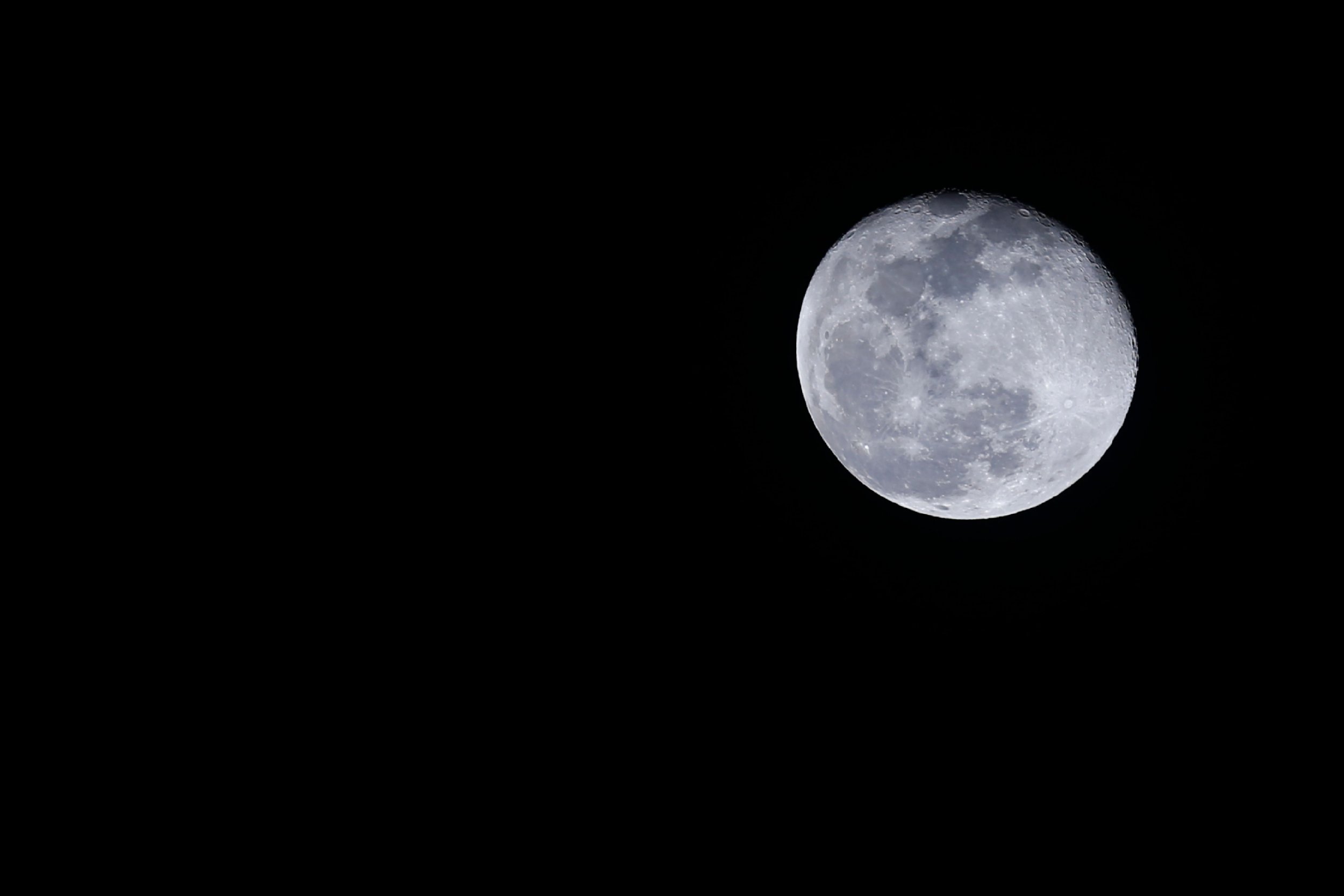
The European Space Agency (ESA) is making plans to begin mining operations on the Moon and is collaborating with aerospace company ArianeGroup to accomplish its goal.
The two organizations have signed a one-year contract to assess the possibility of setting up mining technology on our natural satellite before 2025 as part of an exploratory mission, according to a statement.
Read more: China's plants that sprouted on the moon are already dead
Such technology would be designed to mine regolith—the loose layer of soil or material which covers solid rock—on the lunar surface, from which water and oxygen can be extracted. These resources—which could be turned into fuel or used in human life support systems—will be crucial as space agencies and private companies look towards building permanent bases on the moon and exploring further into the Solar System.
"The use of space resources could be a key to sustainable lunar exploration and this study is part of ESA's comprehensive plan to make Europe a partner in global exploration in the next decade—a plan we will put to our Ministers for decision later this year at the Space19+ Conference," David Parker, Director of Human and Robotic Exploration at the space agency, said in the statement.
ArianeGroup—a joint venture between European aeronautics and defense company Airbus and French firm Safran—say that their 4-booster "Ariane 64" rocket would be used to launch the equipment for the mission into orbit.
The group is also partnering with third parties, who will be responsible for some of the crucial mission technology. German start-up PTScientists will design and construct the lunar lander, while Belgian company Space Application Services will provide communications and other service operations.
"This first contract—symbolically announced on the day of a lunar eclipse—is a milestone for ArianeGroup, which has for a long time been working on technological proposals for space logistics servicing," André-Hubert Roussel, CEO of ArianeGroup, said in the statement.
"It is also an opportunity to recall the ability of Ariane 64 to carry out Moon missions for its institutional customers, with a payload capacity of up to 8.5 metric tons," he said. "In this year, marking the fiftieth anniversary of Man's first steps on the Moon, ArianeGroup will thus support all current and future European projects, in line with its mission to guarantee independent, sovereign access to space for Europe."
Last week the Chinese space agency announced that it had grown plants on the Moon—a historic first—in an achievement which marked an important step towards self-sustaining human bases on the lunar surface.
Uncommon Knowledge
Newsweek is committed to challenging conventional wisdom and finding connections in the search for common ground.
Newsweek is committed to challenging conventional wisdom and finding connections in the search for common ground.
About the writer
Aristos is a Newsweek science reporter with the London, U.K., bureau. He reports on science and health topics, including; animal, ... Read more
To read how Newsweek uses AI as a newsroom tool, Click here.








